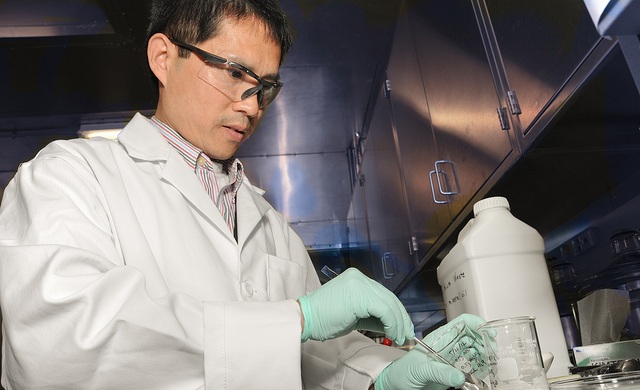I’ve bought shares in Wynnstay Group (LSE:WYN – not Wynnstay Properties) at 317.4p. The investment case for this company is largely based on its historical performance in terms of earnings and dividends as well as the expectation that the non-farming part of its business will be mostly unaffected by Brexit.
However, the deciding factor is politics: will a Tory government ever let farmers feel aggrieved?
If not, then even the farming supply part of the business has a bright future. Wynnstay delivers to farmers and other country-folk a vast range of goods and services from animal feed and seed to wellies.
The heart of its operation is in North Wales. Shockingly, more than 80% of Welsh farm income comes from EU subsidies on average. This money flow will cease, hence the risk to agricultural merchants.
Wynnstay’s shares have halved since 2017 because of fears for the future of farming and rural activity. There are some good reasons to be concerned, factors that might lead this investment to be a failure. Here are the big ones:
Farm subsidies
While the UK government has “guaranteed” the current annual budgets to farmers in every year of the next parliament (five years?), the basis on which the money flows to farmers will change. Currently, farmers receive most of their money as “direct payment”, which means so much dosh per acre of land used, the exact amount depending on the specific use.
The UK government will switch to “public money for public goods”. For farmers to draw subsidies they will have to farm is such a way that “protects and enhances our natural environment and safeguards animal welfare.” Protecting wildlife habitats and tackling climate change through restoring peat bogs and planting new woodlands comes into the equation.
There will be a £640m UK Nature for Climate fund (the total farm subsidy budget is around £3bn). Another example: support will be provided for the 75,000 acre Great Northumberland Forest.
Wynnstay currently supplies farmers producing food (feeds, seeds, fertilisers, etc). If farmers have a lowered incentive to produce large volumes of food will that mean slashed sales of these bulk items?
Exporting to Europe
The continent of Europe is by far UK farmers’ biggest market. Some 31% of UK lamb travels abroad, of which 94% is to Europe. There is currently no agreement on “free trade” of agricultural product post-Brexit. The EU will insist on its regulatory checks and will require that, say New Zealand, lamb is not being imported under a UK-NZ trade deal and then shipped into Europe.
The NFU say that no-deal could be “catastrophic” resulting in a ban on UK exports of many products as the EU takes its time approve UK produce.
The current tariffs for non-EU producers trying to sell to Europeans are 27% on chicken, 46% on lamb, 65% on beef and up to €1494 per tonne of pork. Even the most efficient UK meat producer might struggle to attract custom with those additional costs.
Desperation for alternative free trade deals
If the UK government cannot reach agreement with Europe, then it may turn to other countries from the USA and Canada to Australia and Chile. These countries are likely to insist on low/no tariff access for their agricultural products. Will the government, under pressure to maintain markets for manufactured good and for services, sacrifice UK farmers by allowing food to flow i
………………To read more subscribe to my premium newsletter Deep Value Shares – click here http://newsletters.advfn.com/deepvalueshares/subscribe-1


 Hot Features
Hot Features












